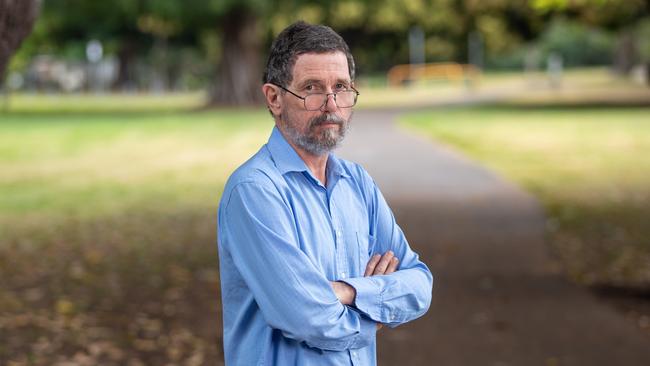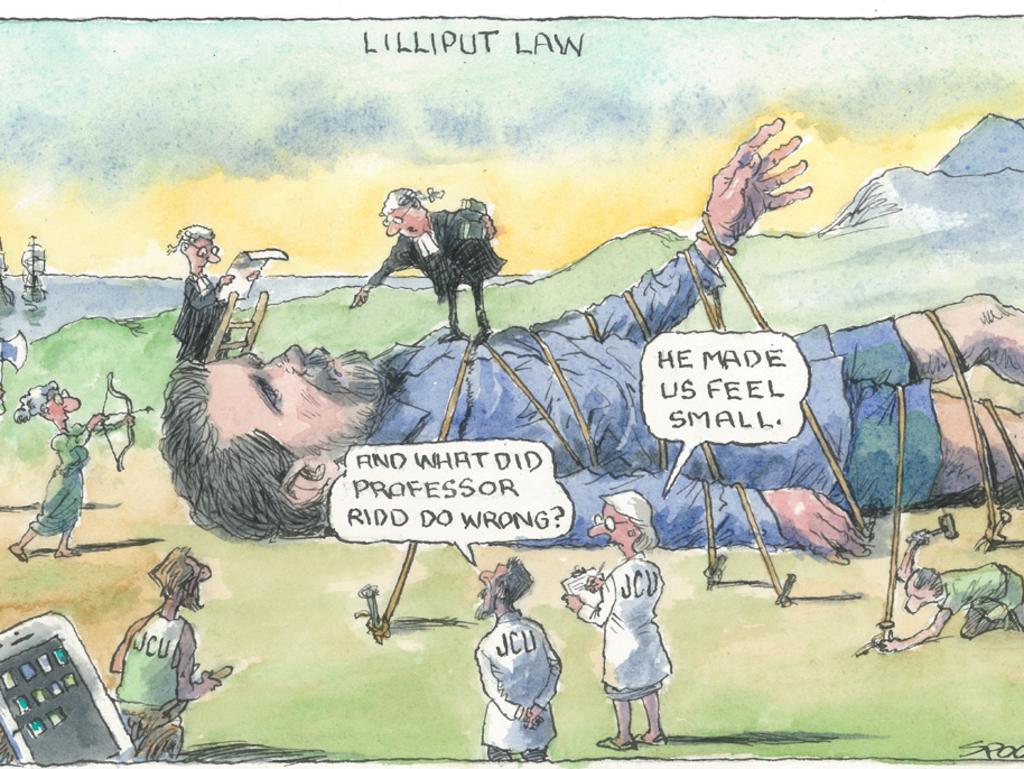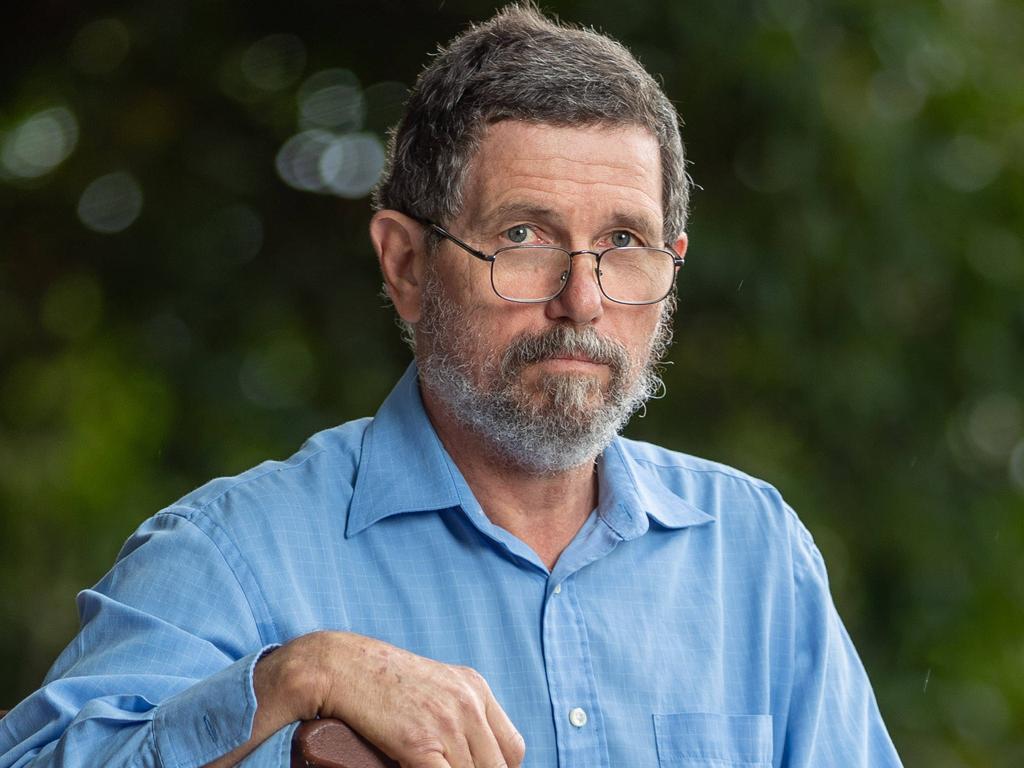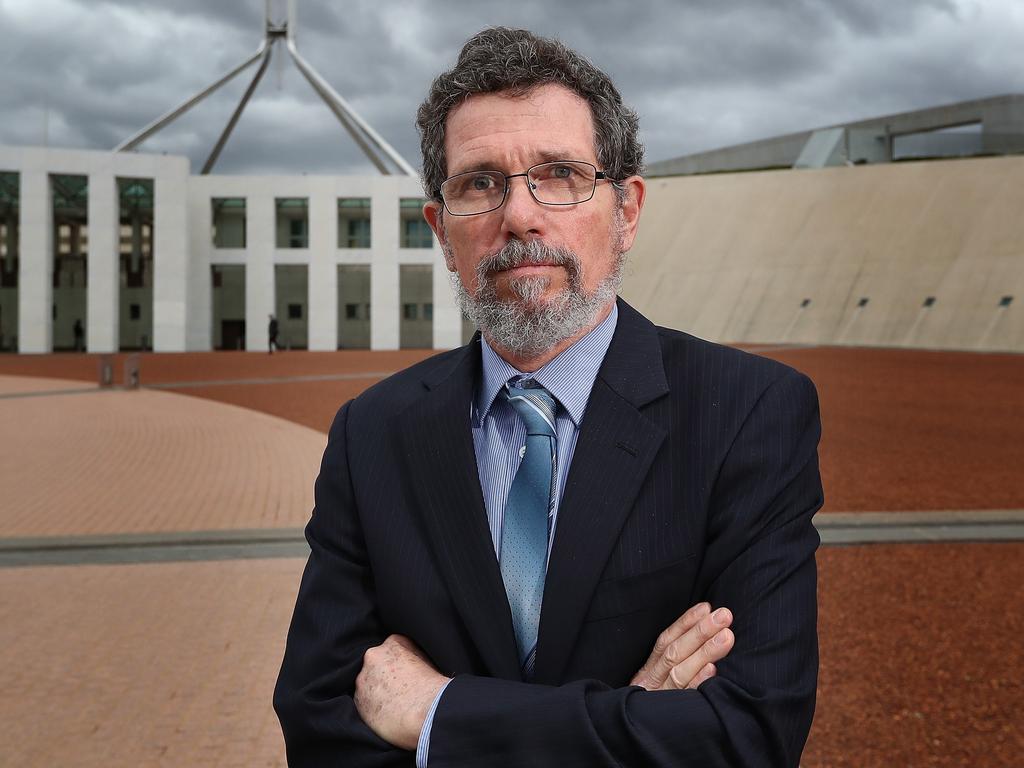
It is true that the majority presents its decision as narrowly technical. And it is true that because Ridd chose not to challenge the university’s finding that he had repeatedly breached its code of conduct — a choice the majority and the dissenting judge describe as “inexplicable” — the conduct itself was not at the heart of the proceedings.

Rather, Ridd’s primary contentions were that the code was made under the terms of JCU’s enterprise agreement and hence was subordinate to it; that the agreement not only protected “intellectual freedom” but specifically provided that the code was “not intended to detract from intellectual freedom”; and that since his conduct involved the exercise of intellectual freedom, the code did not apply, regardless of whether it had been breached.
Those contentions were accepted by the trial judge; after a complex and careful analysis, the majority rejected them, finding that the code was an integral part of the agreement that the university was bound to apply. With Ridd conceding that his actions amounted to serious misconduct under the code, the matter seemed to rest there.
However, as the dissenting judge argued, those findings could not dispose of the issues. In particular, even if the code was a component of the agreement, as the majority and the dissenting judge both believed, it remained possible for the code’s provisions to conflict with the sections of the agreement protecting intellectual freedom.
If Ridd’s conduct could properly be viewed as an exercise of that freedom, then any inconsistency between the code and the intellectual freedom provisions had to be addressed before the legality of JCU’s decision to terminate Ridd’s employment could be determined. Yet far from confronting that possibility, the majority evaded it. Crucially, it claimed the inconsistency would arise only if “each element” — that is, every element — of Ridd’s conduct involved the exercise of intellectual freedom.
It went on to assert that while “some of the elements of Professor Ridd’s conduct fall within the scope of the acknowledged right”, others “are unable to be characterised as an exercise of intellectual freedom”. On that basis, it effectively set the dissenting judge’s concerns aside.
It is, however, completely unclear why the tension between the code and the agreement’s intellectual freedom clause would matter only if each and every element of Ridd’s conduct amounted to an exercise of intellectual freedom.
On the contrary, even if merely some of the serious misconduct was protected by the intellectual freedom clause, then the legality of JCU’s proceedings would surely be in doubt. Additionally, it is impossible to understand on what basis the majority decided that parts of the conduct involved the exercise of intellectual freedom while others did not.
In effect, having reviewed a few instances in which Australian universities had sought to specify what “intellectual freedom” and “academic freedom” entail, the majority determined that “there is no common understanding” about those principles’ content, “nor any unanimity as to where the bounds of any such freedoms should be set”. It therefore made no attempt to define the terms, treating them as little more than placeholders for notions that are inherently “vague and imprecise”.
However, that reasoning is plainly flawed. As the dissenting judge put it, terms such as “academic freedom” may lack a settled definition without being “devoid of meaning”. Rather, in the language of Ronald Dworkin, an eminent jurist, they are examples of “concepts that admit of different conceptions” but that nonetheless have an identifiable, substantive core that governs their usage.
Moreover, at least since Aristotle’s Nicomachean Ethics, it has been recognised that carefully specifying the meaning of concepts such as those in the face of changing social realities is an important function of the law, clarifying citizens’ rights and helping them to plan their lives.
Unfortunately, providing any sort of definition is precisely what the majority declined to do. Shorn of analytical guardrails, it therefore lacked a rational basis for judging whether Ridd’s conduct was an exercise of “intellectual freedom”, instead seeming to rely on what one might describe as “the vibe of the thing”.
To make matters worse, it is also not apparent how it could properly interpret the agreement or determine whether JCU acted within its powers.

There is, after all, clear precedent that enterprise agreements “are not to be interpreted in a vacuum but in the light of the customs and working conditions of the particular industry”. As for an institution’s powers to issue directions to an employee — as JCU repeatedly did to Ridd, including to impose confidentiality restrictions that the dissent rightly calls “Kafkaesque” — it is well established that their inherent reasonableness must be examined in the light of the industry’s character and “common usages”.
However, intellectual freedom and academic freedom are more than simply one attribute of universities among others.
They are in the famous words of the 1915 Declaration of the American Association of University Professors — which gave the concepts their modern meaning — “the breath in the nostrils of all scientific activity”, and together they define the distinctive nature of the university. By not recognising those concepts’ central role, the majority divorced the agreement from the fundamental purposes universities serve and from the ideas, history and “common usages” that underpin their ethos, fatally impairing its ability to correctly interpret the agreement and assess JCU’s actions.
The harm the majority’s errors cause does not fall solely on Ridd; as the dissenting judge pointed out, a failure to properly interpret the intellectual freedom provisions must also affect “the employees of JCU who were not parties to the litigation”.
No less importantly, the commonwealth’s Higher Education Support Act requires every higher education provider that receives government funding to “have a policy that upholds free intellectual inquiry in relation to teaching, learning and research”.
With the majority’s decision voiding “free intellectual inquiry” of any binding content and allowing it to be overridden by university-determined codes of conduct, that requirement has been stripped of all practical significance.
Given the risks that creates, it is now the High Court’s responsibility to place this vital element of our public life on a stronger foundation. And should an appeal proceed, the Morrison government ought to intervene firmly and effectively on intellectual freedom’s behalf. The alternative, which already looms large, is to kiss what little there is left in our universities of the right to free inquiry a fond and tearful farewell.








A missed opportunity at best, an inconsistent and questionable judgment at worst, the decision of the full Federal Court in the dispute between Peter Ridd and James Cook University deserves to be reviewed by the High Court.